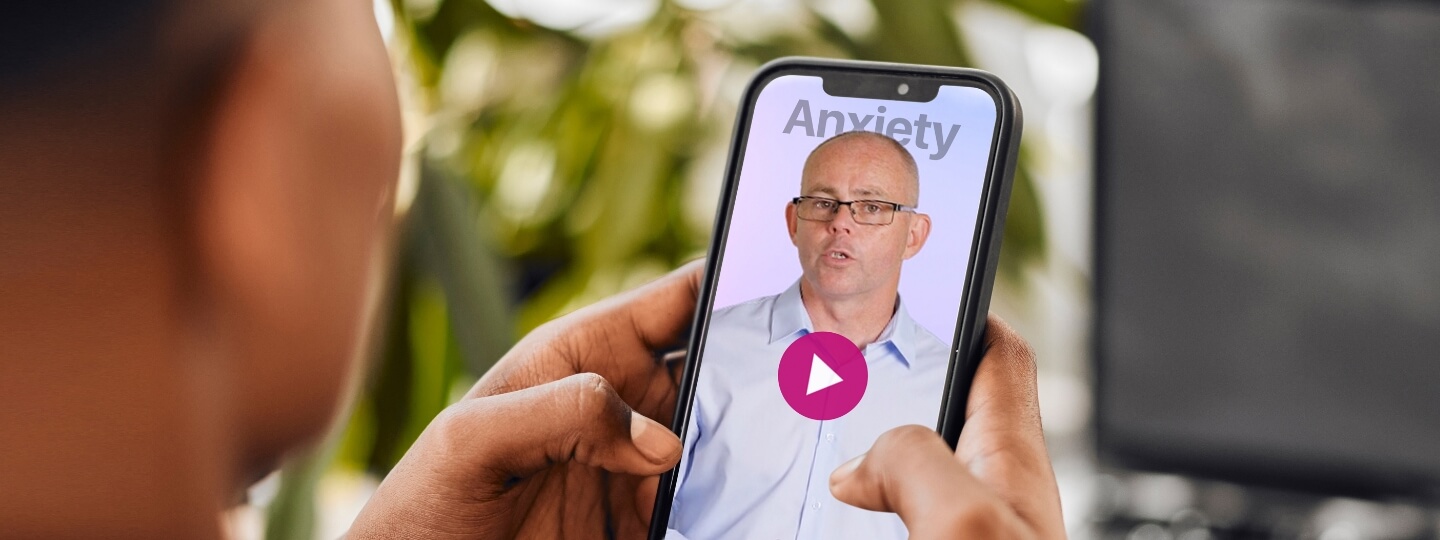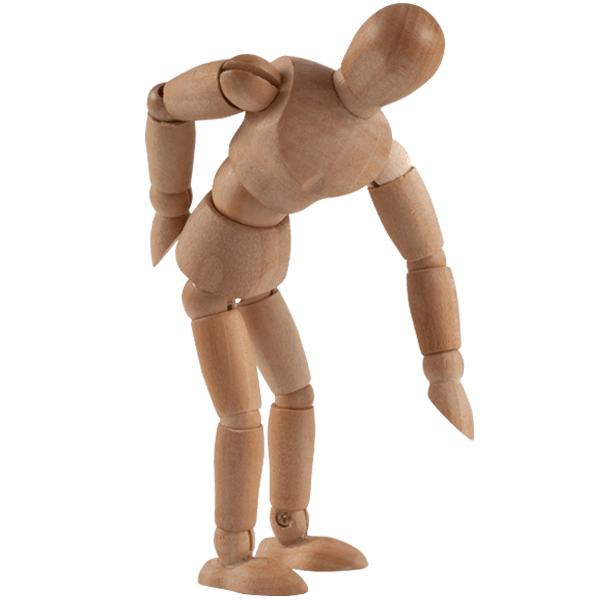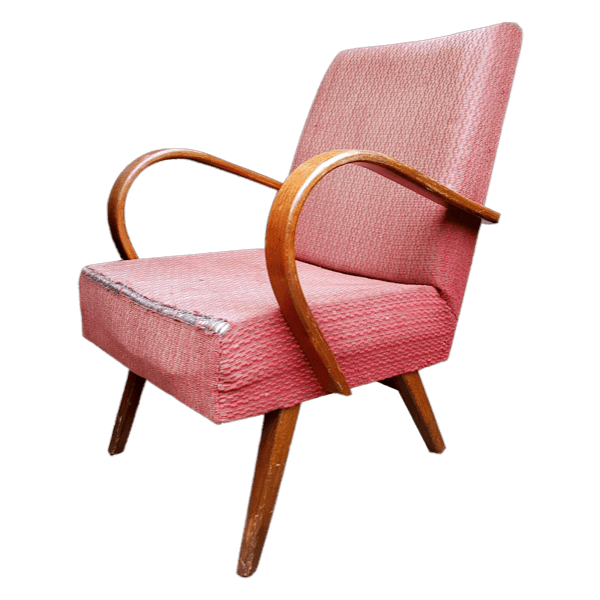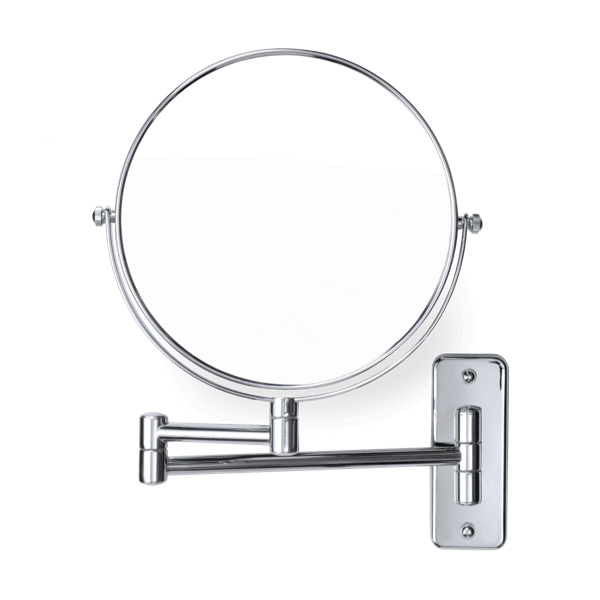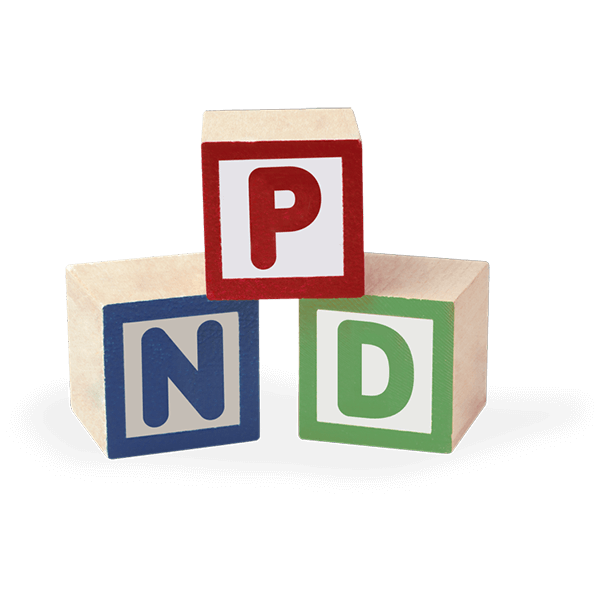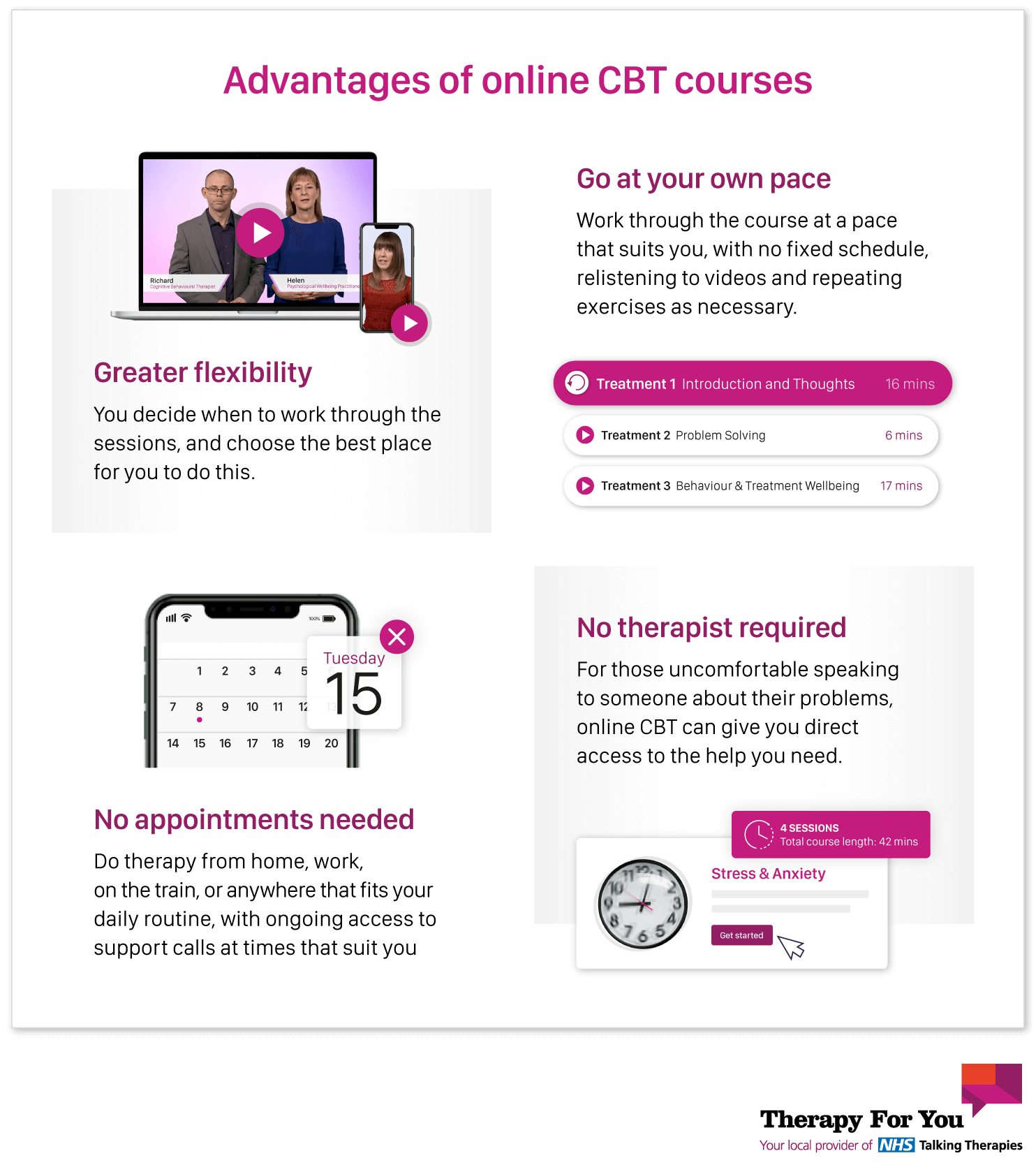What is cognitive behavioural therapy (CBT)?
Cognitive behavioural therapy, commonly known as CBT, is a type of talking therapy used to treat a range of common mental health problems – from how we manage stress, anxiety and depression, to overcoming panic attacks, phobias and anger.
CBT is one of a range of free talking therapies available through the NHS. As a local provider of NHS Talking Therapies, Therapy For You can help people in North East Essex and South East Essex develop effective coping skills that will guide them on the journey to feeling better.
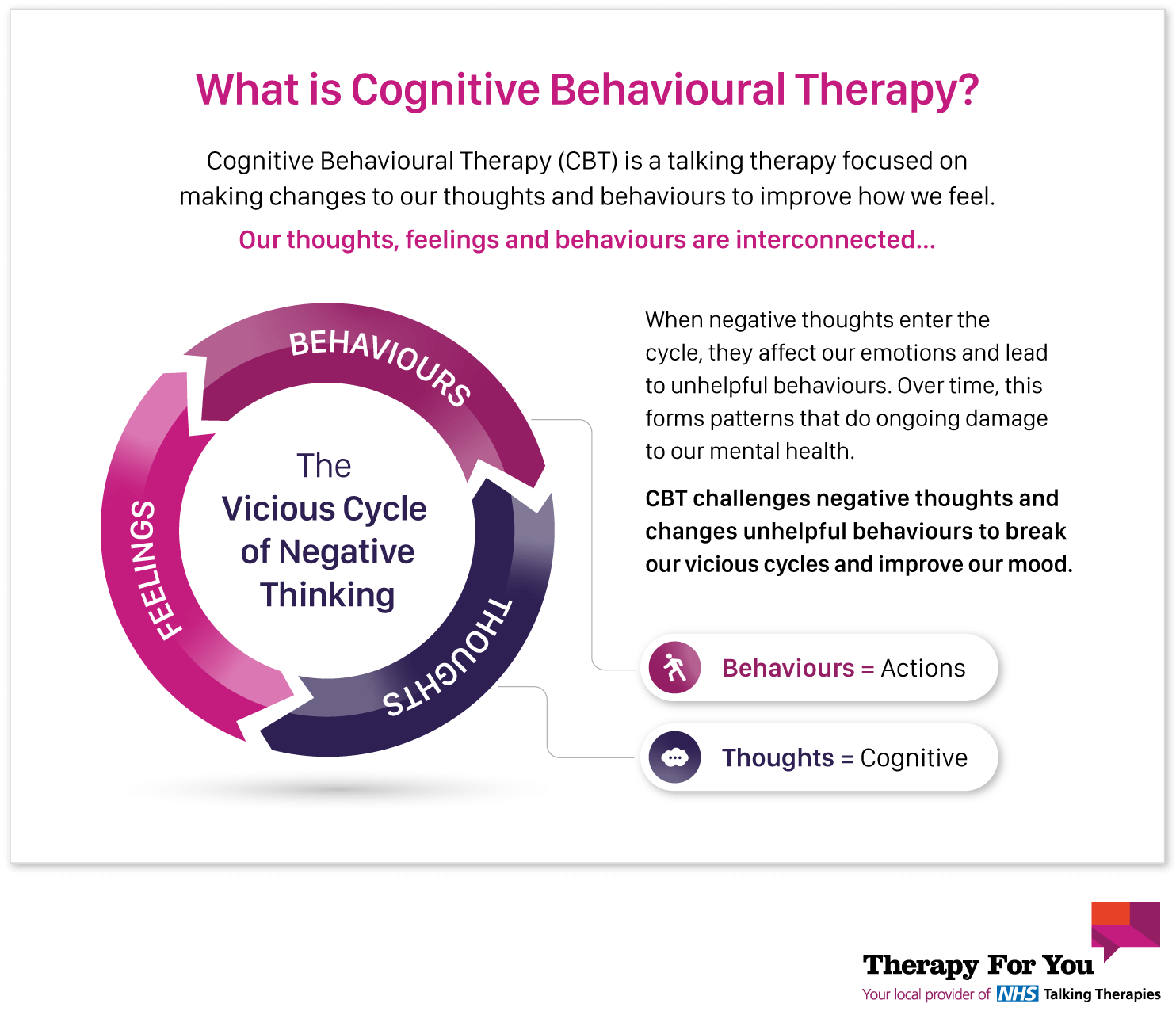
What is the theory behind CBT?
The principle of CBT is a simple one: our thoughts, feelings and behaviours are interconnected. What we think naturally influences how we act, which in turn affects how we feel. As a result, if a negative thought enters the cycle, it can then lead to unhelpful behaviours and pessimistic feelings, that become ingrained in our day-to-day.
For example, imagine you’re walking down the street and someone you know passes you by. You wave to them, but they don’t respond, and simply carry on walking. There are numerous ways you could react to this:
- You may be angry with the person for ignoring you, causing you to purposely avoid them the next time you see them;
- You may be anxious that you’ve done something to upset them, and become stressed over what you did wrong;
- You may feel like the person doesn’t remember you or doesn’t want to associate with you, affecting your self-worth and confidence;
- Or you may simply believe that they didn’t see you, and experience no change in mood whatsoever
Fundamentally, CBT acknowledges that it is not an event itself that causes our emotions to change – it is how we perceive the event that affects the way we think, behave and feel.
Consider another example – you burn your dinner in the oven one evening. This event triggers a negative cycle, which could look like the following:
THINK
You say to yourself “Why do I bother trying? Nothing ever goes the way I plan it to”, and criticise your perceived inability to cook
BEHAVE
You don’t eat that evening because you are upset with the outcome, or you eat junk food to make yourself feel better in the short term
FEEL
You feel upset about how things turned out, and angry about your poor cooking skills
This can foster a vicious cycle of behaviour where you don’t cook, or immediately switch to junk food, in order to avoid another negative reaction. This can feel good in the moment, but over time this pattern will often cause you to feel even worse, creating an even more harmful cycle in your life.
If you believe you are trapped in one of these vicious cycles, it doesn’t have to be this way forever. Free CBT therapy can help you break these patterns and take positive steps towards a more fulfilling life.
